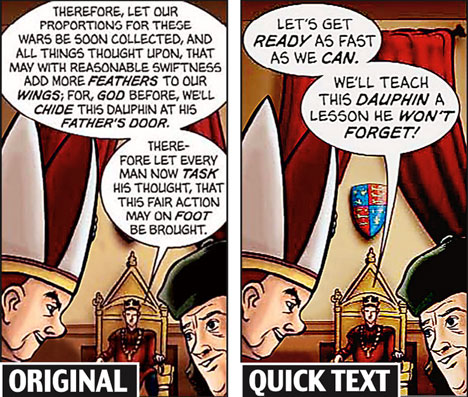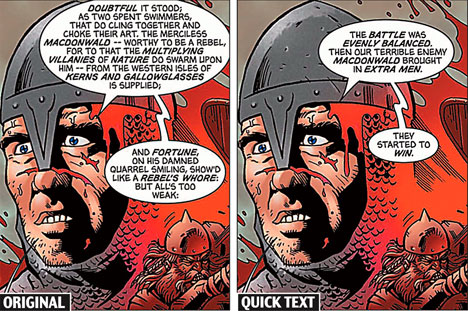I gave a workshop today on incorporating Web 2.0 technologies into literacy instruction to improve student writing in the one-to-one classroom. A one-to-one classroom is one in which every student has a laptop with Internet access. That means that each learner has the ability to interact personally with a dynamic network of learners, both within the classroom and in the larger community.
This workshop was done in the shadow of a short-sighted article in the New York Times that dealt only with the problems of the one-to-one classroom, and none of the potential.
What these educators seem to be missing is that this is the world our students are living in right now. Case in point: FanFiction.net. This is a website where people can go and post original fan fiction. Thousands of our students are there right now, posting original stories, getting feedback from peers, and revising their work to make it more effective. Nobody’s asking them to do this; but there they are, using 21rst century tools to hone their writing skills. And if these are the skills we want students to learn in school, how can we not take advantage of every opportunity to bring the same tools into the classroom?
Anyway, I usually enjoy these workshops, but I was sick all day, so I was eager to come home, take some cold medicine, and go to sleep.
In my sleep, I had a dream that I was in France, around the turn of the nineteenth century. It was just after the Revolution, but before Napoleon was installed as Emperor. My guide was showing me around, and – in typical dream-like anachronistic fashion – he wanted me to see his radio. There was an earpiece and a microphone, both in the style of the period (if you can imagine what that would look like).
I put on the earpiece and heard a radio host talking about John Locke. I repeated the last line of what he said to indicate to my guide that I could hear what was being played, and suddenly the voice said “Is someone there?” I froze for a moment, unsure if he was talking to me, and the voice said “I think someone’s there. What’s your name?” “My name is Bill,” I said, into what I now realized was a microphone. The voice responded, “Welcome, Bill.”
My guide said that there were similar radios in homes all over the country and anyone could participate. I was impressed, but a little nervous about being put on the spot. “This is my first time doing this,” I stammered, and the voice said “Well, I’m glad you’re here. We no longer depend on the government and its puppets to provide our radio content. This is the radio of the people, and we can say anything we want.”
And that’s when I realized that this guy wasn’t the host of the radio show. He was another guy like me with a microphone. And if more people joined up, we could have an extended conversation, and that would be the show. This would truly be a new paradigm.
I woke up, still woozy from the cold medication, but I rushed to the computer to record my dream. My subconscious mind had conflated the changes in Europe during the Enlightenment with the current evolution of Internet technologies. During the Enlightenment, people started to perceive government less as an absolutist top-down sovereign who rules by divine right, and more as a function of citizens who can actually take part in shaping their own polity. Right now, a similar transformation is taking place in the way we think about the Internet – less as a one-way, top-down source of information, and more as an interactive community of which we all can be a part. Nice analysis, subconscious mind!
As we think about these new technologies, and how they might reshape education, if not society as a whole, we should remember that they are more than just fun new toys. They are a revolution.





